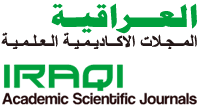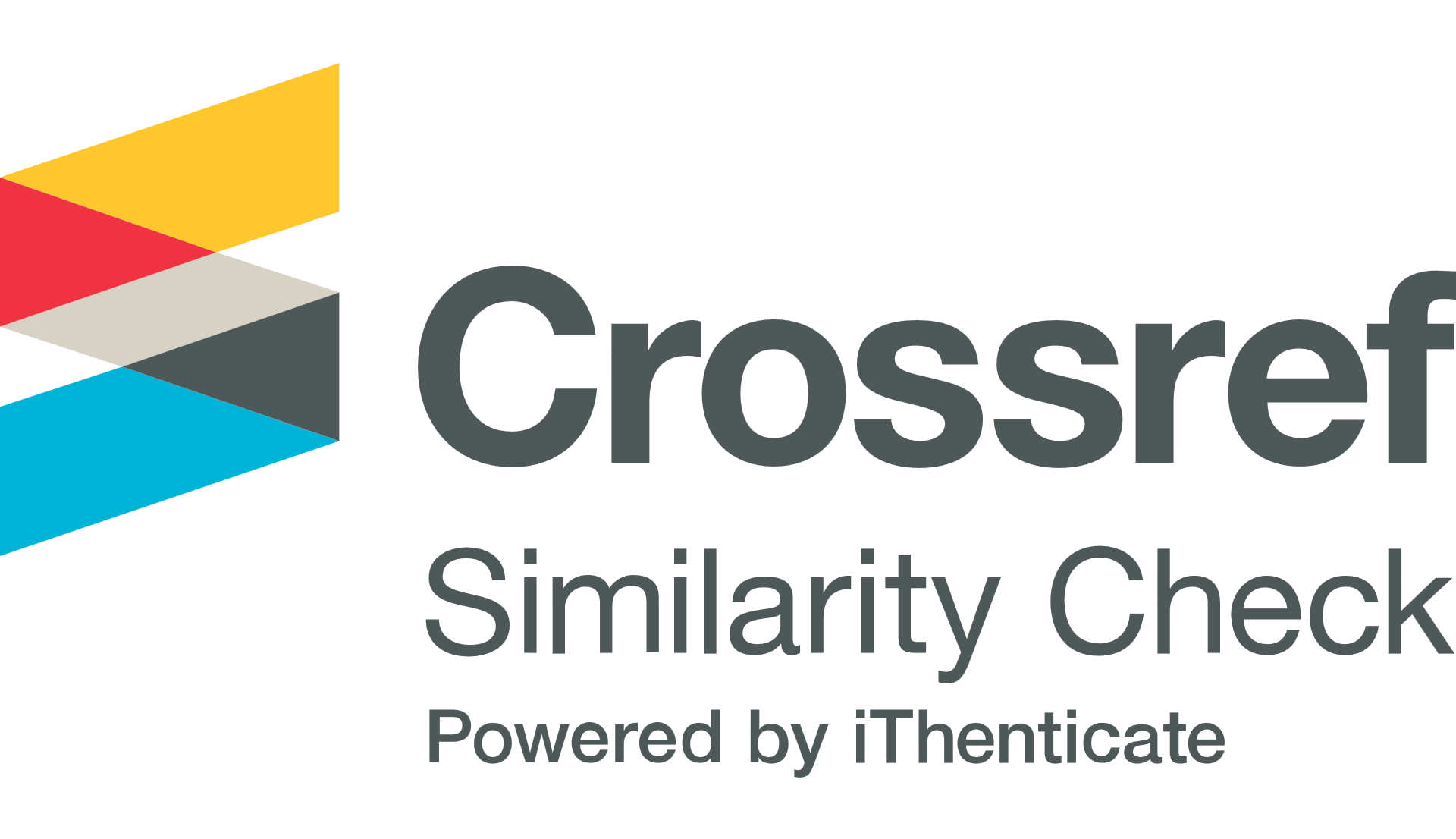Plagiarism Policy
Plagiarism is a serious violation of publishing ethics, and it also includes other violations such as duplicate research, fake data and its falsification, and improper credit for the researcher's contribution, and therefore plagiarism, fraud, or intentionally inaccurate statements that constitute unethical behavior constitutes unethical behavior by the research itself. Simultaneously, it also constitutes unethical and unacceptable publishing behavior. All research that is subject to scientific evaluation or previously published in the Journal of Education for Human Sciences is subject to examination using the plagiarism prevention program called (Turnitin). It is necessary to mention that the Journal of Education for Human Sciences refuses to evaluate the research in which the percentage of looting is more than 20%.
All new papers submitted to the journal will be checked using CrossCheck within the editorial system. CrossCheck has developed a service that helps editors verify the originality of papers. CrossCheck is run by iParadigms Ithenticate software. For a searchable list of all journals in the CrossCheck database, an editorial member can also choose to run a similarity report at any other point during the review or post-publication process, and provides the default similarity report display for the search text that overlaps with a published search or more, numbers and equations cannot be verified at the present time. It is worth noting that a high degree of similarity does not necessarily indicate a plagiarized text. A similarity degree of 30%, for example, means that 30% of the text is shared with one source; It can also mean that 1% is a common text with 30 different sources, and the reused text, which is legitimately cited in the bibliography, may contribute to the degree of similarity, and the skill of the expert is important here to interpret the similarity report and determine the severity of the lineage.


